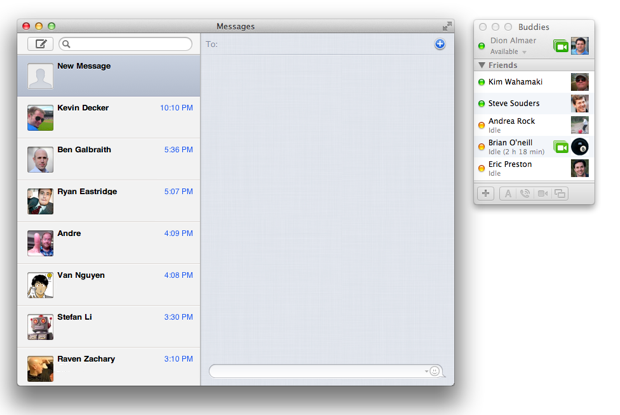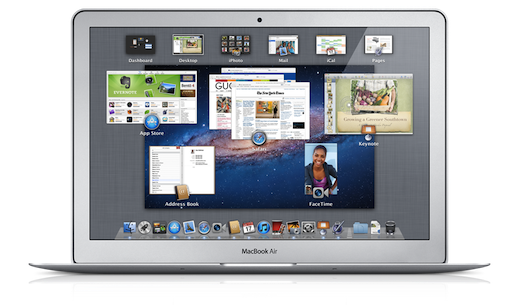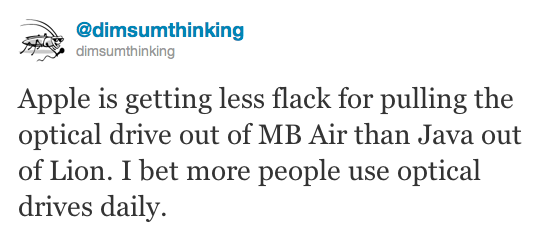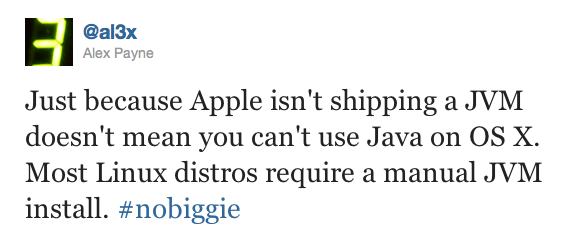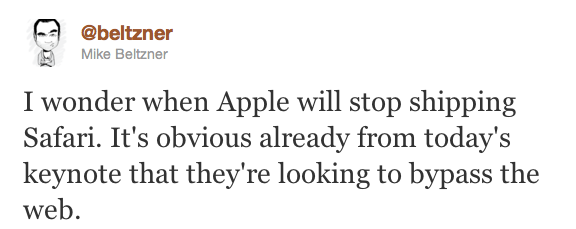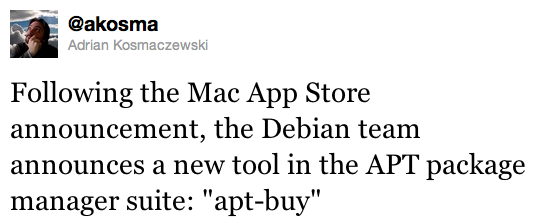WWDC and Google I/O have come and gone. At first I was disappointed with both, but then I sat back to think about what an amazing time we are in with mobile and computing. I don’t know about you, but I feel like the battle of the full touch screen is done, and now we move on. Android has caught up enough on the quality of display (although not “retina” displays such as housed by HTC One X are fantastic), and especially with Jellybean, the UI isn’t as jaggy and laggy as in the past. The hard work of battery drain and performance still continues, but it is also easily close enough. The Nexus 7 shows that Android tablets can compete too. Finally people can talk pro’s and con’s versus “er, why the hell would you buy that?”

All in all it feels like we are heading to another game of Brazil vs. Germany, both at the top of their game. Brazil has the amazing feel, taste, and style, and are also continuing to up their game with pace and strength. Germany has their organization and resource to bare, but also have growing cunning and quality. You look forward to watching the next game.
The next battles live in new inputs, integrations, smart services and ecosystems.
Inputs
Touch has been somewhat nailed. We do have haptic feedback to look forward to in the future, and this has the chance of changing the game again. How will our typing productivity go up with haptics? How will it change gaming, or music instrumentation, or art?
Voice is the obvious big push. We are still pretty early here, but where Siri was good, Google has gone beyond. The speed of recognition has been outstanding, and once you get to a certain point where you can trust it, I think this will go far past the gimmick to full usage. I also feel like there is room for hybrid usage. When typing something you can tell your system to go into caps mode, or switch to the spanish keyboard, or what have you. Once voice is of a certain quality it all changes.
Then there are other new inputs. Having the camera giving us a Kinect experience on mobile. Who knows what else will come along that will enable us to get our ideas, requirements, and instructions to the computing device as quickly and efficiently as possible.
Oh, and of course there is Glass :)
Integrations
With hardware Apple has the advantage of full integration (their own chips) and buying power. This means that they typically have the nicest hardware with the best overall package, AND they can do it for cheaper (this is very different to the Wintel generation where Mac couldn’t compete on price!).
Google has the advantage of Open, and giving consumers more choice (”I want a bigger screen”).
Smart Services
Google must be salivating on this one. Now that we have the basic integrations and inputs on great devices…. services can come in to solve user problems. We see this clearly with Google Now. The server can put together your location, your history/data, and your context to “do the right thing.” This is in the realm of magical, and although folks will freak out about privacy and “big brother knows too much!” the good side is that it can deliver humane results.
Google has the chops on the server, it is their DNA, so I expect them to push hard here. The more data you have to work with the better you can service the client, so as the data and the algorithms get better we will see more and more magic.
Ecosystem
Android has a lot of applications. There is more of a push on all digital content. However, we are dealing with many wall gardens, which is frustrating for customers.
If a user has their content in iOS apps, and tons of music and movies in the iTunes locker, it can be hard to make a switch to an Android device. You can have the same feeling as if you have an amazing VHS collection and then a new betamax player comes out with some nice features that you would love to try.
Man, what a battle. We are finally at a place where the fight is competitive and I hope that each side keeps pushing and we continue to see a fantastic tug of war.

